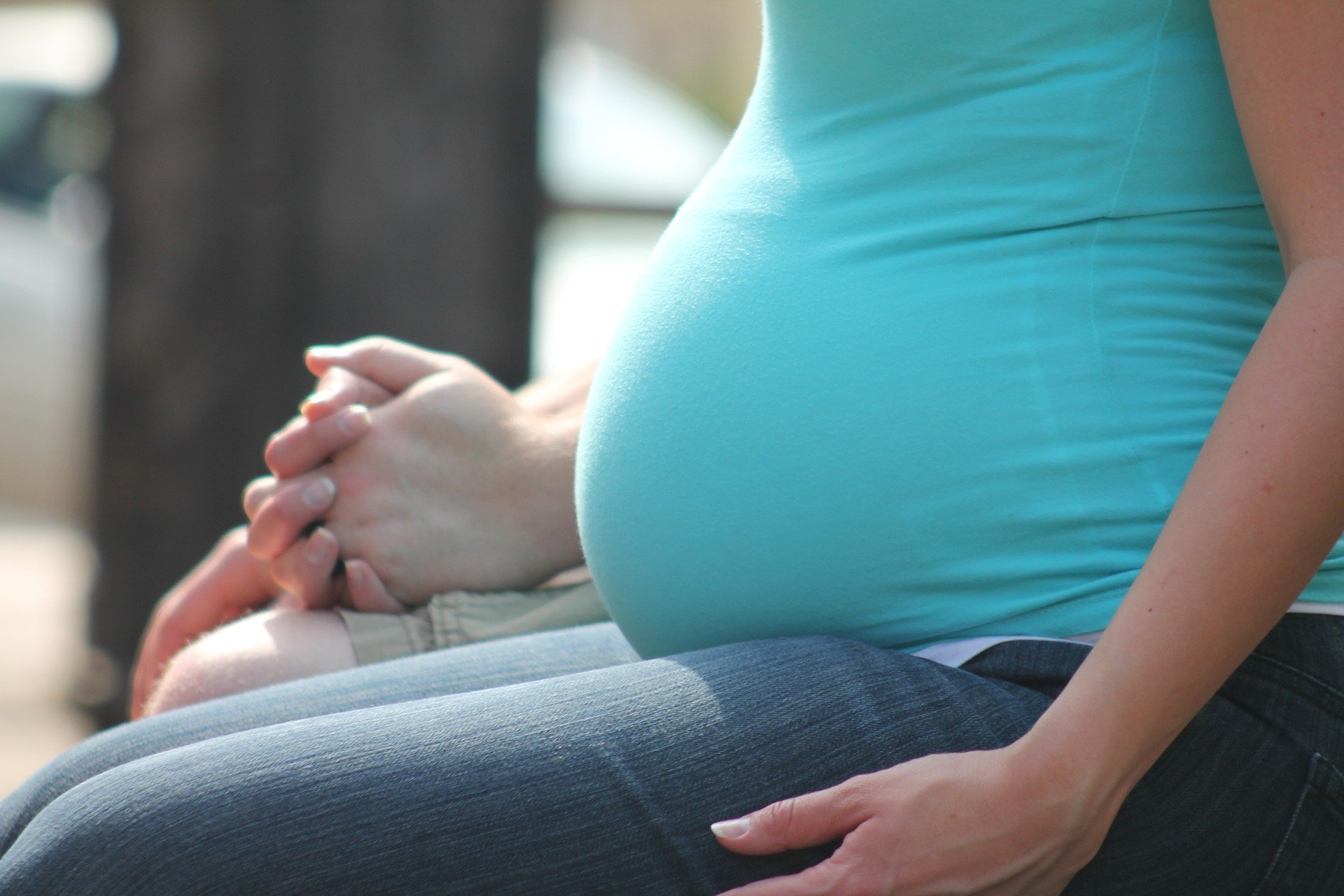A new study conducted by researchers at the University of Manchester shows that women who give birth without any complications are healthier and have a lower risk of developing health conditions in comparison with those who experience a stillbirth.
More precisely, the researchers found that undergoing the traumatic experience of having a stillborn baby increases the chances of having the autoimmune disease lupus later in life.
This discovery was made after finding an association between stillbirth delivery and a number of specific disorders related to connective tissues that are known to play a role in the development of lupus in women.
Connective tissue disorders is an umbrella term used for a number of health issues linked to the tissues that support different parts of the body and even the organs as well as the organ systems.
The researchers also found that the initial signs of the development of lupus disease such as the production of certain antibodies in the body of the women can also appear five years after having a stillbirth.
However, regardless of having antibodies and other signs, no conventional symptoms associated with lupus appeared in the women included in the research.
Also Read: 72% People to Continue Wearing a Mask After End of Pandemic
To reach this conclusion, the researchers analyzed around 100,000 women, all of whom had experienced stillbirth to see whether any of them developed different complications such as anti-phospholipid syndrome, antibodies, connective tissue disease, and lupus.
For the collection of data, Clinical Practice Research Datalink, which is a database system that allows researchers around the world to get related data on anonymous patients reported through GP medical practices in the UK.
After sourcing data, the researchers then tried statistical regression to estimate the ratio of the risk of developing the aforementioned health conditions and then compared live births with stillbirths.
According to the findings of the study, that appear in the British Journal of Obstetrics and Gynaecology, women who experience stillbirth are more likely to have health complications in comparison with the women who had a live birth.
The risk of lupus is particularly high. Stillbirths were seen to raise the chance of having lupus by four times.
Dr. Hannah Kither, who is an Obstetrician at Royal Bolton NHS Trust, a researcher at the University of Manchester, and the principal investigator of the study says that having a stillbirth increases the risk of both physical and psychological diseases for women.
Dr. Kither further explains that there are two explanations for the development of lupus after having a stillbirth. The first one is that stillbirth occurs primarily due to underlying abnormalities in the immune system, which are related to lupus.
The second explanation is that stillbirth leads to an increase in inflammation in the body as well as certain immune reactions that contribute to the development of lupus in the future.
Professor Alex Heazell, who is Consultant Obstetrician and Director of the Tommy’s Stillbirth Research Centre at Saint Mary’s Hospital and one of the researchers in the study said that women are already checked for development for multiple diseases after having a stillbirth.
However, the findings of the study showed that lupus in women may develop years after having a stillbirth delivery. Stillbirth is actually not identified as a risk factor for having lupus, says Professor Heazell.
The research shows that GPs and doctors should aware of the high risk of having lupus post stillbirth so that early screenings can be done even after years of having the delivery to manage the disease effectively.
In addition, women should themselves should also be aware of the symptoms of lupus including chronic fatigue, and muscle and joint pain.
Statistically, one in 240 women has a stillbirth delivery which means that there is a need to spread awareness regarding the risk of lupus after having a stillborn baby as a lot of women are affected.


